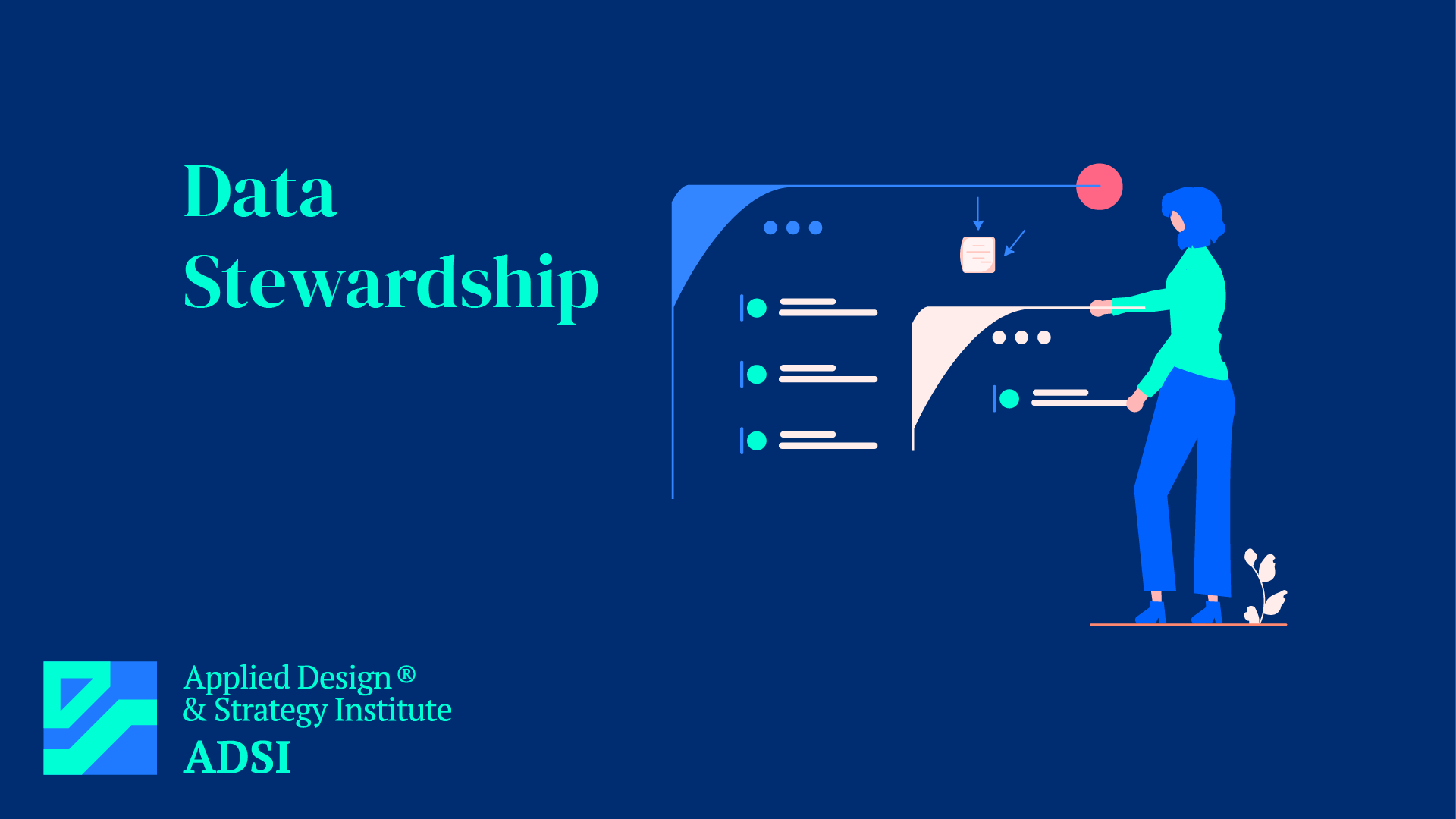The Diamond Model
Introduction The Diamond Model, developed by Michael Porter in 1990, is a framework that analyzes and explains the competitive advantage nations or regions possess due to certain factors. It is extensively used in the study of international business and economics to understand why certain industries within a nation are competiti
D’Aveni’s 7S Framework
D’Aveni’s 7S Framework: Strategies for Hypercompetitive Environments Introduction D’Aveni’s 7S Framework, developed by Richard D’Aveni, presents a set of strategies for companies operating in hypercompetitive markets. This framework suggests that traditional sources of competitive advantage can be q
Destiny Instinct
Destiny Instinct: Understanding Its Role in Shaping Perceptions and Decisions Introduction The Destiny Instinct refers to the cognitive bias where individuals believe that certain outcomes are predetermined or inevitable, often overlooking the potential for change and impact of human actions. This bias can significantly influenc
Denominator Neglect
Denominator Neglect: Understanding Its Impact on Decision Making Introduction Denominator Neglect refers to a cognitive bias where individuals disregard the size of the denominator (the total number of possible outcomes) when assessing the probability of an event. This often leads to overestimating the likelihood of rare events
Delta Model
Delta Model: A Strategic Framework for Customer-Centric Businesses Introduction The Delta Model is a strategic management framework that focuses on building strong customer relationships to achieve a competitive advantage. Developed by Arnoldo Hax and Dean Wilde, the model offers an alternative to the traditional Porter’s
Delphi Technique
Delphi Technique: Harnessing Expert Opinions for Decision-Making Introduction The Delphi Technique is a structured communication method originally developed as a systematic, interactive forecasting method which relies on a panel of experts. It is used to achieve a convergence of opinion on a specific real-world issue. The proces
Decision Trees
Decision Trees: A Visual Approach to Decision Making and Analysis Introduction Decision Trees are a graphical representation of various possible solutions to a decision based on certain conditions. They are used in decision analysis to help identify a strategy most likely to reach a goal. It’s a popular tool in statistics,
Data Stewardship
Data Stewardship: The Art of Managing and Protecting Data Assets Introduction Data Stewardship refers to the responsibility of overseeing an organization’s data assets to ensure they are effectively managed and used. This role involves ensuring data quality, privacy, security, and compliance with relevant regulations. It&#
Data Security
Data Security: Safeguarding Information in the Digital Age Introduction Data Security involves protecting digital data from unauthorized access, corruption, or theft throughout its lifecycle. It’s a critical aspect of IT for every kind of business and organization, as data breaches can lead to catastrophic financial losses
Data Quality
Data Quality: The Foundation of Reliable Information and Decision Making Introduction Data quality refers to the condition of a set of values of qualitative or quantitative variables. High-quality data is crucial for organizations as it directly influences decision-making, operational efficiency, and customer satisfaction. Ensur











